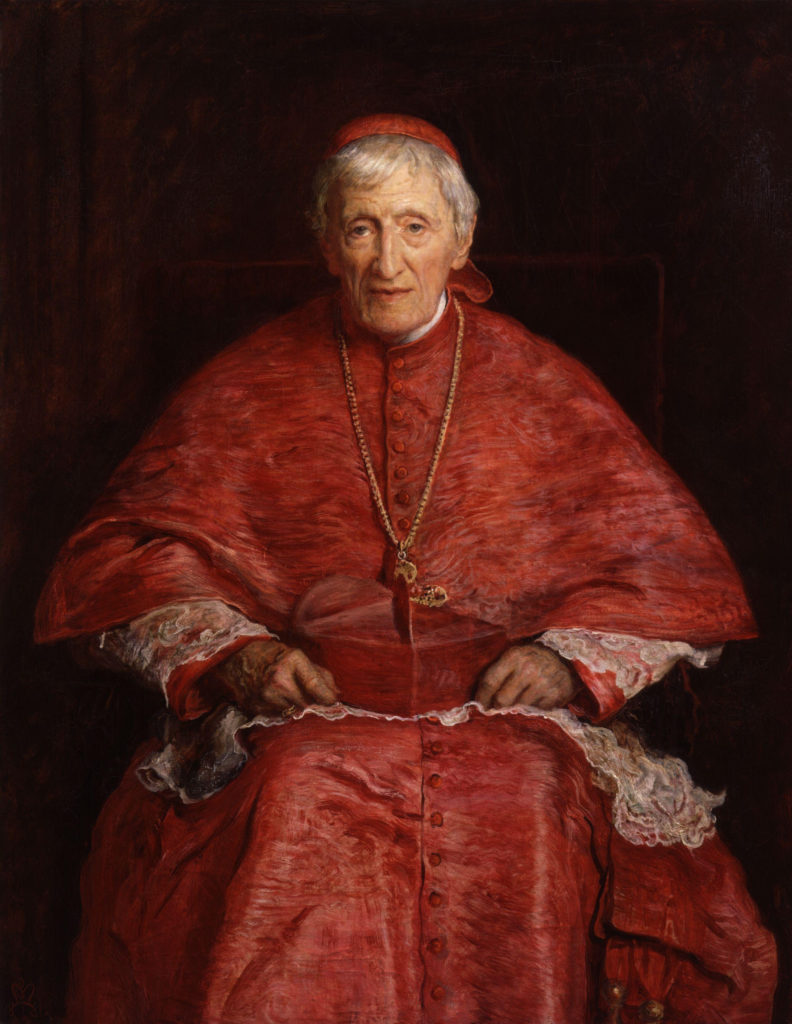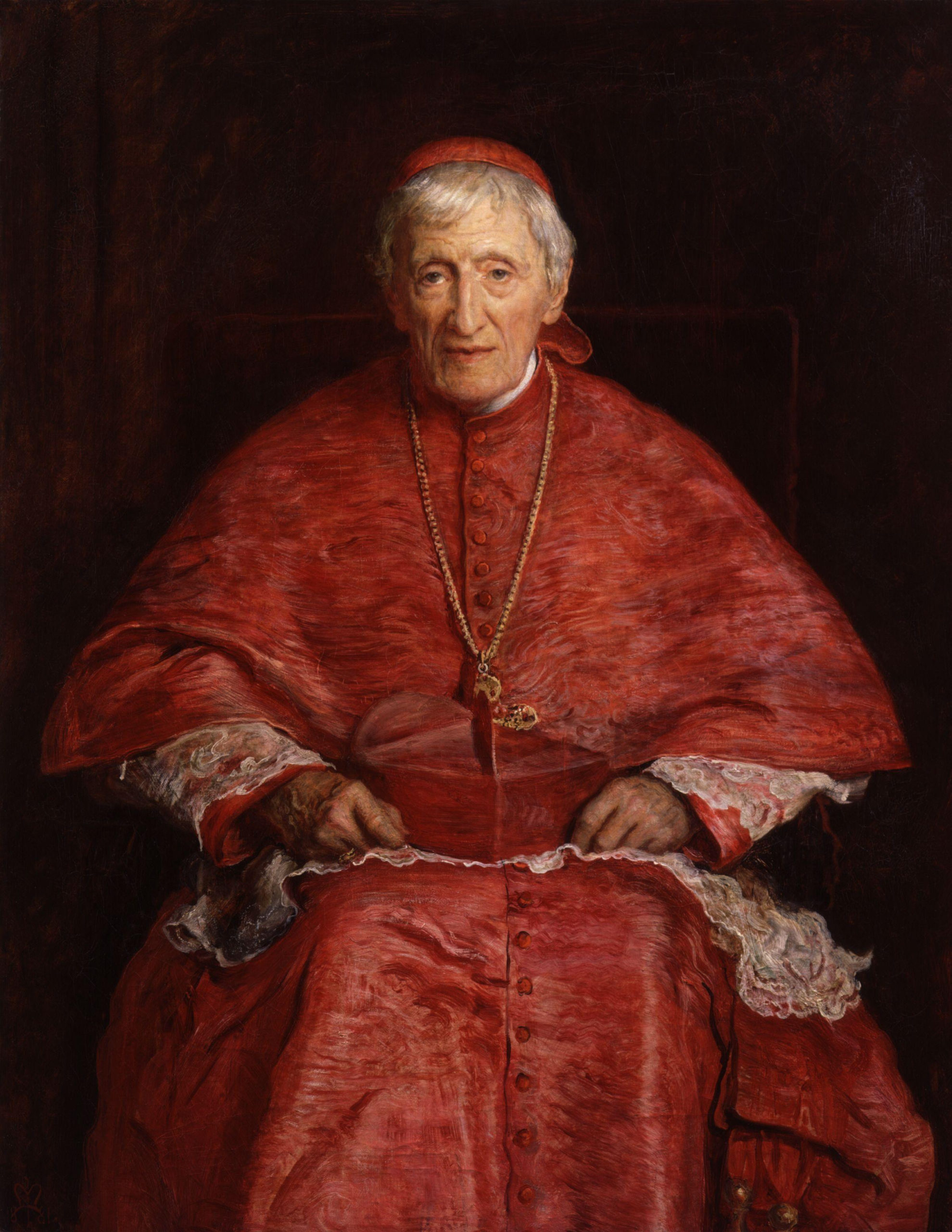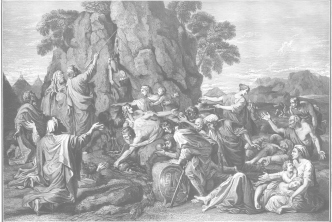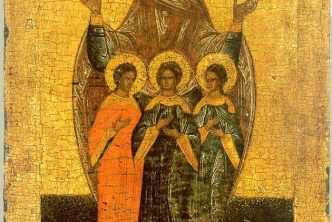
“There is a God,” when really apprehended, is the object of a strong energetic adhesion, which works a revolution in the mind; but when held merely as a notion, it needs but a cold and ineffective acceptance, though it be held ever so unconditionally. Such is the assent of thousands, whose imaginations are not at all kindled, nor their hearts inflamed, nor their conduct affected, by the most august of all conceivable truths. I ask, then, as concerns the doctrine of the Holy Trinity, such as I have drawn it out to be, is it capable of being apprehended otherwise than notionally? Is it a theory, undeniable indeed, but addressed to the student, and to no one else? Is it the elaborate, subtle, triumphant exhibition of a truth, completely developed, and happily adjusted, and accurately balanced on its centre, and impregnable on every side, as a scientific view, “totus, teres, atque rotundus,” challenging all assailants, or, on the other hand, does it come to the unlearned, the young, the busy, and the afflicted, as a fact which is to arrest them, penetrate them, and to support and animate them in their passage through life? That is, does it admit of being held in the imagination, and being embraced with a real assent? I maintain it does, and that it is the normal faith which every Christian has, on which he is stayed, which is his spiritual life, there being nothing in the exposition of the dogma, as I have given it above, which does not address the imagination, as well as the intellect.
St. John Henry Newman – An Essay in Aid of a Grammar of Assent (available free throughout October!)





